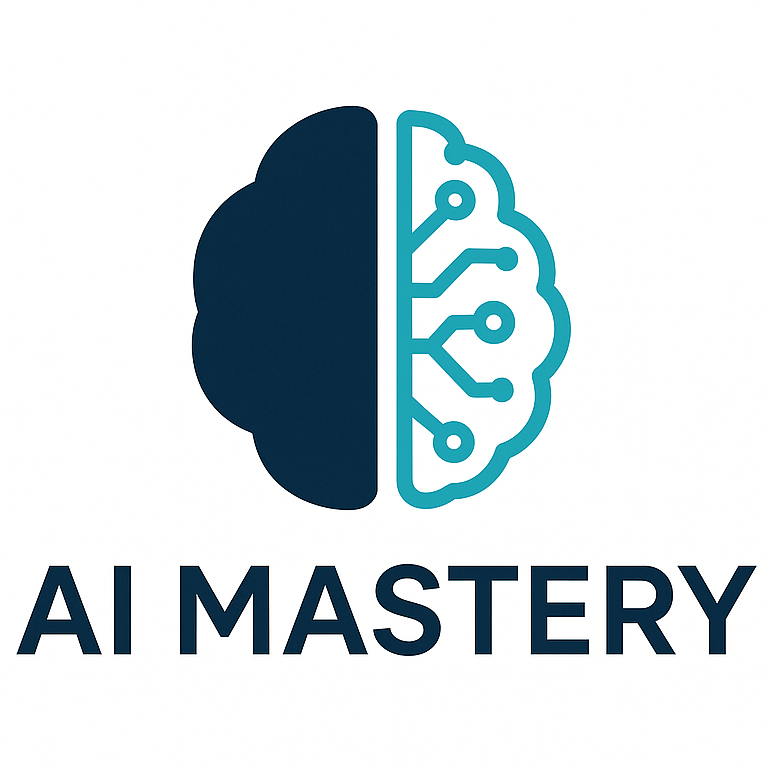
OpenAI Launches Study Mode in ChatGPT for Smarter Learning
Jul 31, 2025Notably, OpenAI only introduced "Study Mode" for ChatGPT recently, a mode dedicated solely to allowing students to study through step-by-step hand-holding and not only providing ready answers. The initiative comes directly in answer to the growing concern from academies that students commonly use AI-powered chatbots like ChatGPT to bypass the act of learning through memorization of ready answers.
Why Study Mode Matters
Study Mode emphasizes active involvement and encourages students toward more cognitive activity. Beyond the function of being an answer profferer, ChatGPT introduces mind-stimulating questions that require students to critically examine problems and assert solutions on their own. The innovation plan tries to develop a more substantive learning experience through the assistance of AI compatible with true learning progress.
Leah Belsky, the Vice President of Education at OpenAI, mentioned that ChatGPT can revolutionize academic performance positively but would inhibit the learning process if only the responses written with AI are used. As it is reported that a third of the students use ChatGPT, OpenAI designed Study Mode specifically for that group of students with interactive prompts to aid understanding from questioning and self-analysis.
Development and Cooperation
It was developed hand-in-hand with educators, researchers, and students who engage with the ChatGPT Lab. Study Mode applies the science of learning's best practices, such as the encouragement of curiosity, proactive metacognition, and actionable feedback, and eventually leads to faster learning.
Common Sense Media's Robbie Torney pointed out the value of the software this way: "Rather than thinking for them, Study Mode encourages students to be critical about learning. Even in the age of AI, the best results come from students actually putting work into lesson material."
Key Study Mode features are:
- Interactive Questions: Pairs Socratic questioning with foreshadowing and compels the user to derive solutions on themselves.
- Scaffolded Responses: Data organized in manageable parts to help avoid cognitive overload.
- Individualized Guidance: Customizes the level of guidance complexity according to past interactions and the proficiency of the students.
- Knowledge Checks: Tests and answers to verify retention and application of learning.
- Flexibility: Users switch Study Mode on or off within a discussion so that there is flexibility to specific teaching requirements.
Undergraduate testees' responses during the first testing have also been most encouraging, with testees characterizing Study Mode as a "24/7 all-knowing office hours" that reduces hard issues to manageable concepts. One undergraduate testee, Maggie Wang, was especially overjoyed about comprehending difficult concepts for the first time after extensive interactions with the chatbot.
Although Study Mode arrives today for Free, Plus, Pro, and Team members, OpenAI will introduce it to ChatGPT Edu in the coming weeks. The introduction is a ambitious step on OpenAI's part to employ AI responsibly in the world of learning so that students get not just the answers but the critical thinking skills of the future.
Want weekly tips to grow smarter with AI?
📬 Subscribe to the newsletter and get practical advice on automation, content, and growth—straight to your inbox.
We hate SPAM. We will never sell your information, for any reason.

